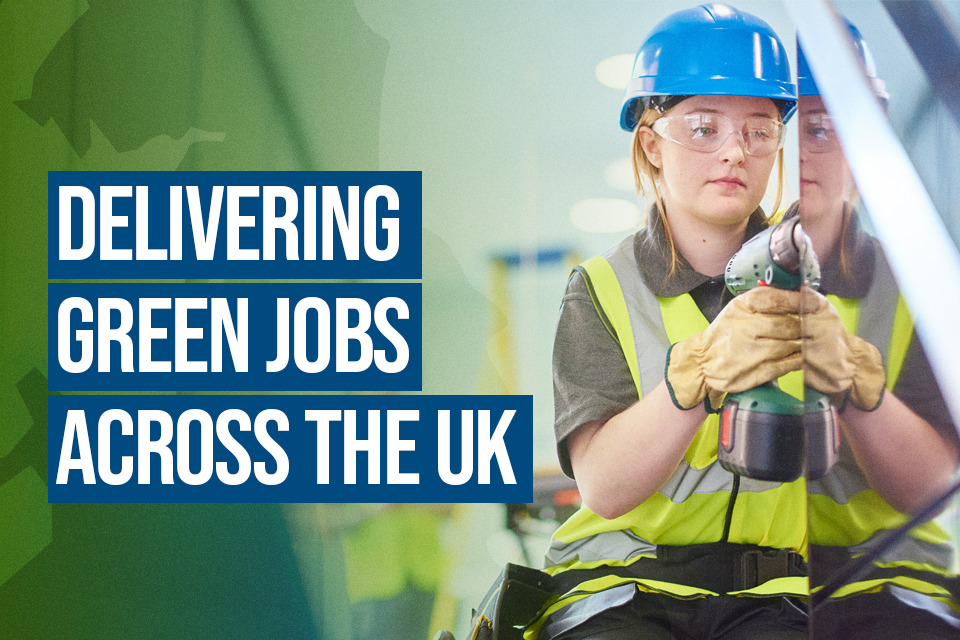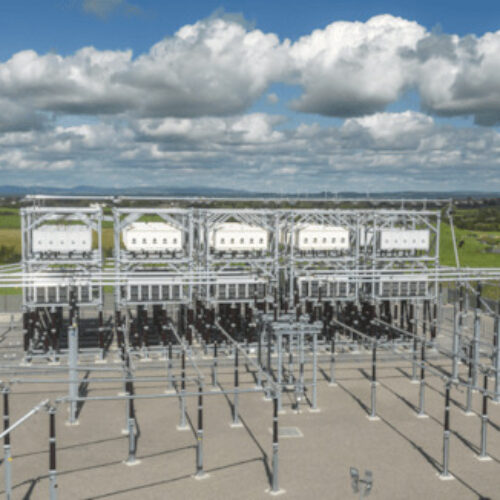The first meeting of the UK’s Green Jobs Delivery Group has today (11 May) taken place, co-chaired by energy minister Greg Hands and E.ON CEO Michael Lewis.
The group is to support the delivery of up to 480,000 skilled green jobs by 2030, with the government claiming that nearly 68,000 green jobs across the UK economy have already been created and supported or are in the pipeline since the Prime Minister’s Ten Point Plant in November 2020.
This includes jobs in electric vehicle (EV) manufacturing in Sunderland, hydrogen facilities in Teesside and offshore wind in Northumberland, Yorkshire and Humber.
The Green Jobs Delivery Group will look at ways of ensuring all sectors of the economy and parts of the country can benefit from the green transition.
It includes representatives from the worlds of business, industry, trade unions and academia.
There were 32 representatives in attendance at the first meeting, including Octopus Energy’s CEO and founder Greg Jackson, Nick Molho, executive director, Aldersgate Group , Andy Lane, vice president CCUS / cluster lead, BP and Ian Rippin, chief executive of MCS.
“The UK’s most important asset is its workforce. Our new Delivery Group will help us ensure employers have the know-how and employees the skills to drive our transition to becoming the world’s leading green economy,” Hands said.
The group follows a recommendation from the Green Jobs Taskforce in 2021, which concluded that every job has the potential to be a green job, with a holistic approach which takes into account the lifecycle of green jobs in the UK needed to grasp all opportunities.
Meanwhile, earlier this year the Environmental Audit Committee (EAC) criticised the fact that several government departments it deemed key are not included in the Green Jobs Delivery Group.
In particular, the EAC said it was concerned that ministers from HM Treasury and the Department for Levelling up, Housing and Communities are not to be included.
In its announcement of today’s inaugural meeting, the Department for Business, Energy and Industrial Strategy (BEIS) pointed to a range of initiatives and skills programmes to build low carbon industries across the country rolled out by the government.
These include green skills bootcamps, free adult skills training for those without qualifications and working with employers to boost green apprenticeship opportunities among others.





